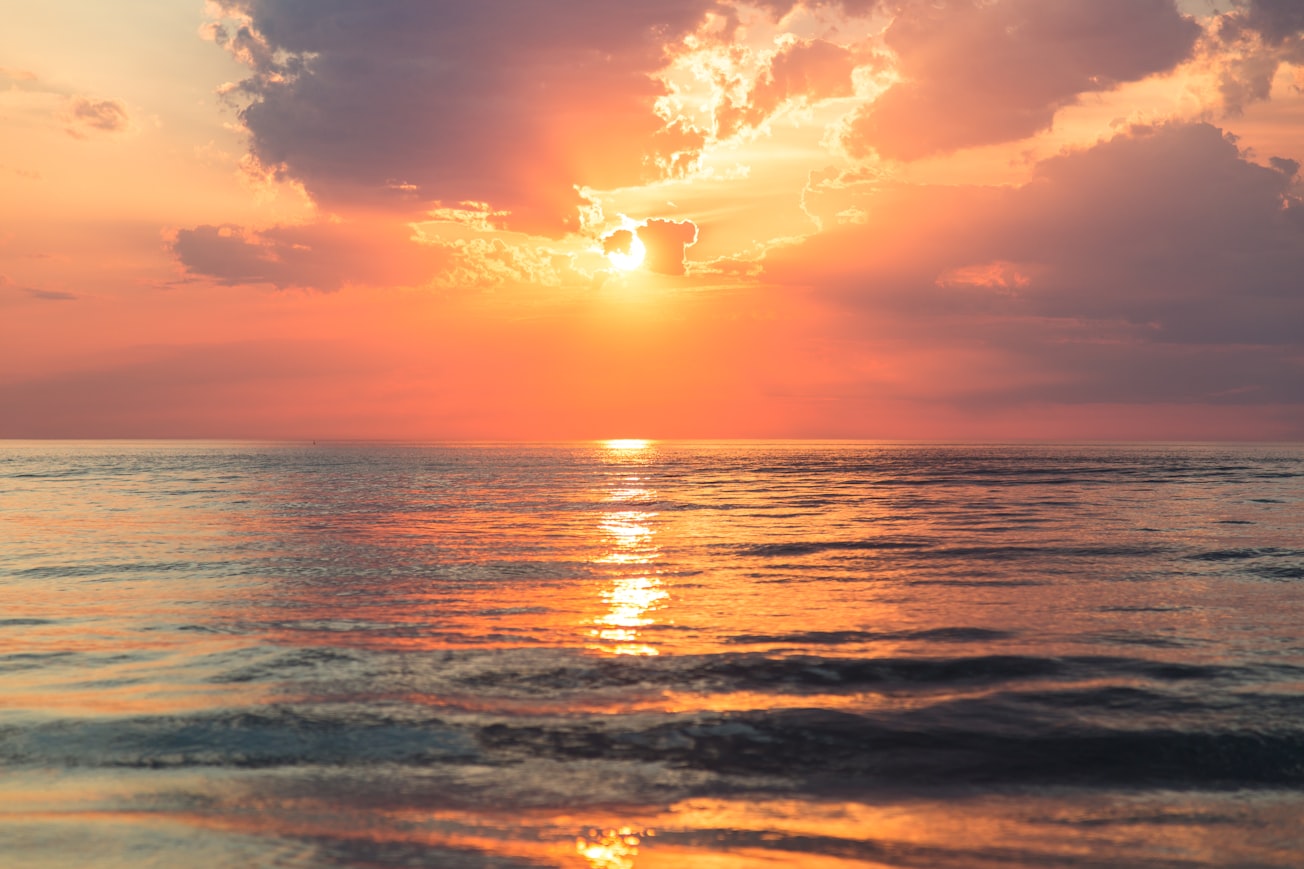What is it about?
God is the One 'in whom we live and move and have our being'. Can this belief be reconciled with the transcendence implicit in belief in creation, and with the world's evils, both those due to the free choices of human beings, and those due to other factors and forces? Different kinds of panentheism fare differently when these questions are asked. I suggest that the version put forward by Juergen Moltmann and by Arthur Peacocke is equal to both these challenges.
Featured Image

Photo by Sebastien Gabriel on Unsplash
Why is it important?
Much work has been done recently on panentheism, distancing it both from pantheism and from the kind of traditional theism which makes God seem remote from the world. But several of the kinds of panentheism have problems of their own, such as the version which suggests that the world constitutes God, and the version which holds that the world is God's body. It is much more promising to adhere to belief in creation by a transcendent God, and to the view that creation is still going on, not least through evolution. Evolution by natural selection is one of the laws of nature that a good God might well select, to facilitate the development of various creatures, some of them intelligent, creative and responsive.
Perspectives
The version of panentheism here is capable of being held by Jews, Muslims and Unitarians as well as by orthodox Christians, and does not depend on appeals to scriptures. This essay was funded by an award from the Templeton Foundation, via Birmingham University. It has also been expounded in my recent book 'Wonder, Value and God', Routledge, 2017, a book which has been favourably reviewed, and is currently being translated into Spanish for publication at Valencia. Please ensure that your institution's library has a copy, whether in hardback or in paperback.
PROFESSOR EMERITUS ROBIN ATTFIELD
Cardiff University
Read the Original
This page is a summary of: Panentheisms, Creation and Evil, Open Theology, January 2019, De Gruyter,
DOI: 10.1515/opth-2019-0012.
You can read the full text:
Contributors
The following have contributed to this page







